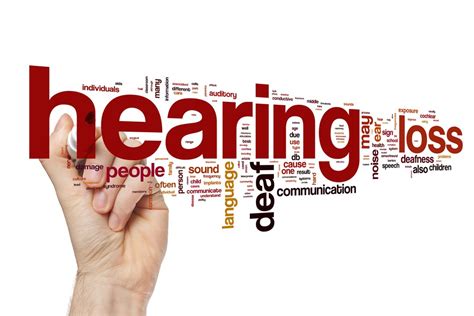26 of the 48 state Medicaid agencies studied could not report the number of “critical incidents” — such as abuse, neglect or exploitation.
You are here
Why did FDA Approval of Over-the-Counter Hearing Aids Take So Long?
 Was this a ‘breakthrough’ on hearing aid pricing? Mull over the phrase from the KFF announcement (italics are mine), “Prices and features will vary for the new OTC hearing aids — much as they do for prescription aids. A pair of prescription devices typically sells for $2,000 to $8,000. Some of the technology found in the pricier prescription aids will be available in the cheaper OTC aids.” This was also true of the Personal Sound Amplification Product” (PSAP), described in 2017 as being helpful to people with mild to moderate hearing loss. What took the FDA 5 years to complete final review of essentially the same technology available in 2017, especially when they were ordered by Congress to do so? Note hat 48 million Americans have some degree of hearing loss (more than 400 million worldwide) and most do not have any hearing assistance devices. Note that uncorrected hearing loss is correlated with dementia.
Was this a ‘breakthrough’ on hearing aid pricing? Mull over the phrase from the KFF announcement (italics are mine), “Prices and features will vary for the new OTC hearing aids — much as they do for prescription aids. A pair of prescription devices typically sells for $2,000 to $8,000. Some of the technology found in the pricier prescription aids will be available in the cheaper OTC aids.” This was also true of the Personal Sound Amplification Product” (PSAP), described in 2017 as being helpful to people with mild to moderate hearing loss. What took the FDA 5 years to complete final review of essentially the same technology available in 2017, especially when they were ordered by Congress to do so? Note hat 48 million Americans have some degree of hearing loss (more than 400 million worldwide) and most do not have any hearing assistance devices. Note that uncorrected hearing loss is correlated with dementia.
Behind the scenes, how much lobbying contributed to this delay? It makes you wonder, given the status of PSAPs and hearing aids noted here in 2018. Consumers were beginning to be empowered through self-service testing, and signs of of 'to-be-approved' OTC devices were on the way. Meanwhile, the hearing aid industry over that period consolidated itself into five manufacturers, which has its own ‘association’ working with Congress. In addition to the manufacturers, the audiology industry may have played a role in preserving the higher-service (and price) of hearing aids sold by audiologists, though there has clearly been a way for them to participate.
Expectations today about self-service are radically different, even from 2017. We are comfortable with self-service at banks and gas stations; we use self-checkout at stores; and parking lot pickup at the store. We can order and pay with a QR code in a restaurant -- and fast food drive-thrus are soon not staffed at all. We can buy a car online and have it delivered without a visit to a dealership. The healthcare industry has been upended with telehealth Zoom doctor's visits. Given the shortage of workers across every industry, self-service is increasingly likely to be the norm.
With self-care and self-service are available in every other industry -- why was this so slow? It had to happen eventually with this one too, though there were delays and likely multiple objections to finalizing OTC sales. That ironically enabled more self-service offerings to appear. And last but not least, are we to believe that the delay between approval in August of this year and the official beginning of OTC sales in October was due to Covid-19? What does it mean when a price drops from thousands of dollars for EACH hearing aid to $199 per pair? What does it mean when consumers can test their own hearing in a retail location like Costco or Walmart, purchase the hearing aids there, or experience the entire process at home with a decent pair of headphones and a quiet room?
